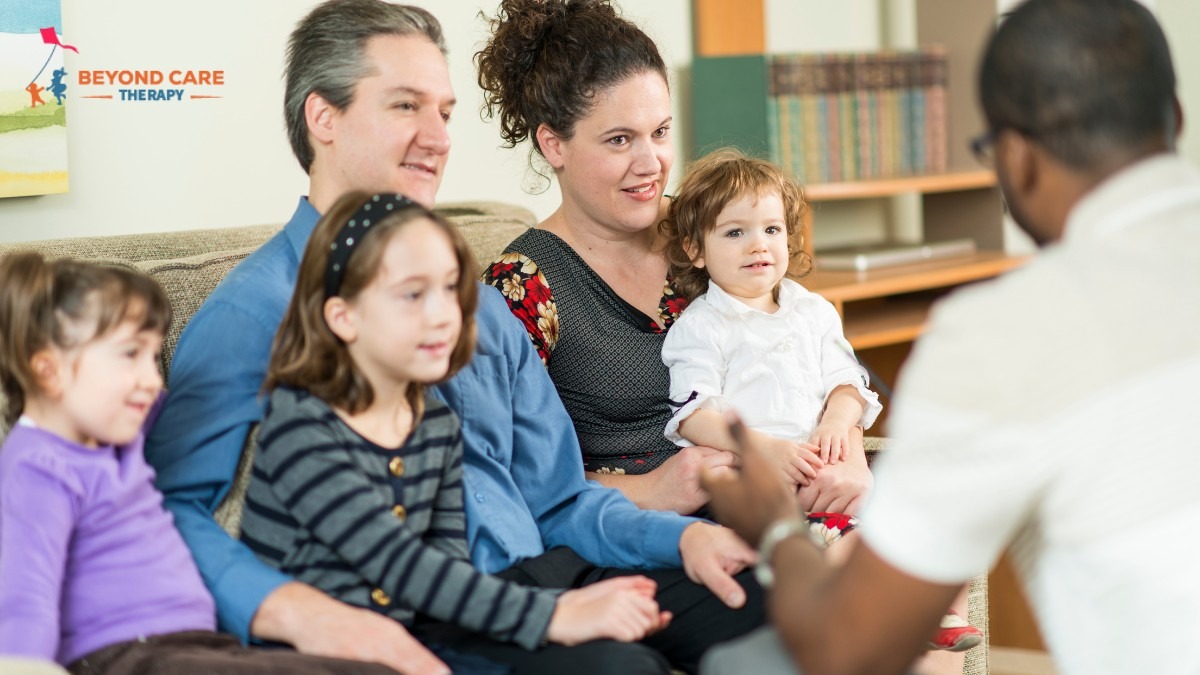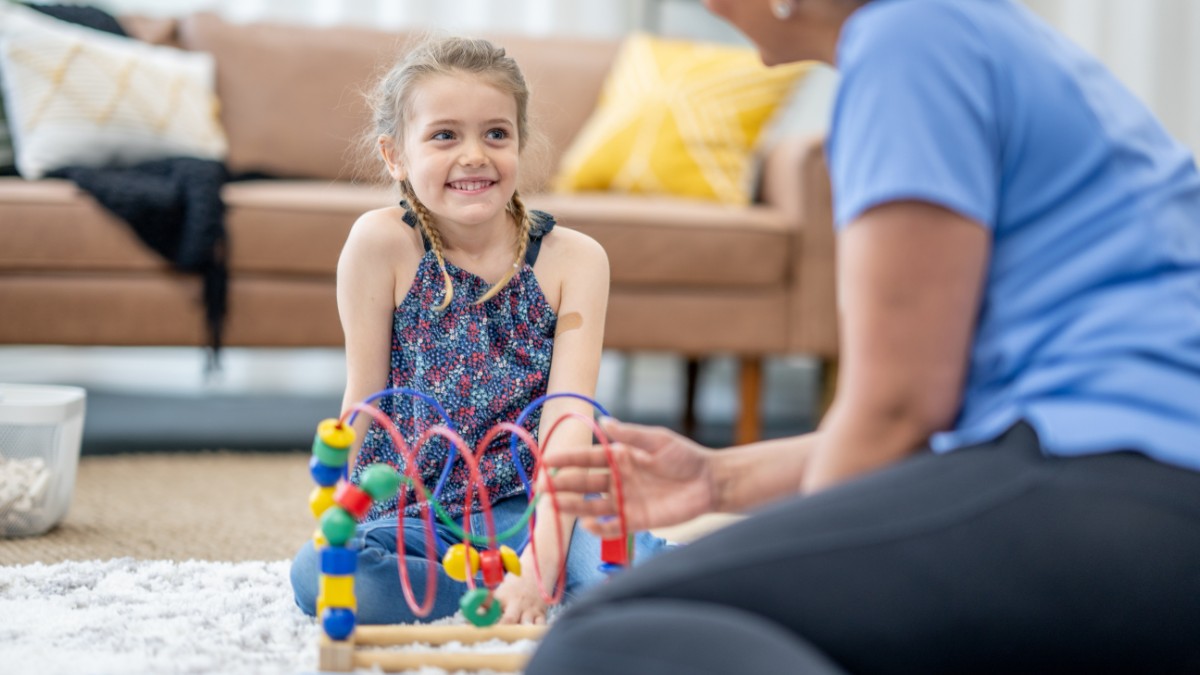Finding the right play group for children with autism is an essential part of fostering their social skills and learning. These specialized playgroups offer a supportive, structured environment where children can engage with their peers, practice communication, and develop vital interpersonal skills.
Tailored to meet the unique needs of autistic children, these playgroups combine fun, interactive activities with therapeutic strategies to enhance socialization and emotional regulation. Whether in-person or virtual, the best autism playgroups focus on inclusivity and provide a safe, nurturing space for children to grow and connect.
The Importance of Autism Play Groups for Social Skills Development
According to the CDC, approximately 1 in 36 children in the United States is diagnosed with autism spectrum disorder (ASD). One of the primary challenges faced by children with autism involves social and communication skills, which are vital for their overall development.
Autism play groups offer structured and supportive settings where children can practice these skills in a safe and engaging environment.
Unlike unstructured play, these groups are guided by professionals or trained facilitators who design activities that encourage cooperation, turn-taking, and effective communication. This structured approach ensures children can practice and generalize the skills they learn in therapy into real-world social interactions.
What Are Autism Play Groups?
Autism play groups are specially designed environments where children with autism can practice social and communication skills through structured play activities. These groups often include a mix of children with and without autism, providing opportunities for peer modeling and diverse interactions.
The primary focus of autism play groups is to:
- Improve social communication skills.
- Foster cooperative play and teamwork.
- Provide sensory-friendly activities tailored to individual needs.
Each group session is carefully planned, incorporating activities that align with evidence-based practices, such as Applied Behavior Analysis (ABA). For many families, these play groups act as a bridge between individualized therapy and broader social experiences.
How Do Autism Play Groups Help Children Learn Social Skills?
Autism play groups are more than just recreational spaces. They offer targeted benefits for children with ASD, including:
1. Structured Interaction Opportunities
Children with autism often struggle with unstructured social settings. Play groups provide clear rules and routines, which create predictability and reduce anxiety. Activities such as circle time, cooperative games, and role-playing scenarios help children learn to:
- Initiate conversations.
- Maintain eye contact.
- Take turns and share.
2. Peer Modeling
Many autism play groups include neurotypical peers who serve as role models for appropriate social behaviors. Through observation and imitation, children with autism can:
- Learn new ways to interact.
- Understand social cues, such as facial expressions and body language.
- Build confidence in approaching others.
3. Sensory Integration
Sensory sensitivities are common among children with autism. Play groups often include activities that integrate sensory-friendly tools, such as:
- Weighted blankets or vests.
- Sensory bins filled with rice, sand, or beads.
- Quiet spaces for breaks.
This helps children regulate their sensory input while participating in group activities.

Features to Look for in Autism Play Groups
Not all play groups are created equal. To ensure your child benefits from the experience, consider these key features:
1. Trained Staff and Facilitators
The success of any autism play group largely depends on the qualifications of its staff. Look for groups led by:
- Certified behavior analysts.
- Speech or occupational therapists.
- Educators with experience in special needs.
2. Evidence-Based Curriculum
Programs that incorporate proven methods, such as ABA principles, are more effective in teaching social and communication skills. Activities should be:
- Developmentally appropriate.
- Tailored to individual goals.
- Regularly assessed for progress.
3. Parent Involvement
Some play groups encourage parents to observe or participate in sessions, offering:
- Insights into their child’s progress.
- Strategies to reinforce skills at home.
- Opportunities to connect with other parents.
Examples of Activities in Autism Play Groups
The activities in these groups are designed to be engaging, educational, and supportive. Common examples include:
Social Games
- Simon Says
- Musical chairs
- Cooperative puzzles
Sensory Play
- Water tables
- Playdough sculpting
- Sensory obstacle courses
Role-Playing Scenarios
- Pretend grocery shopping
- Restaurant simulations
- Storytime discussions
Creative Expression
- Art projects
- Dance and movement exercises
- Group singing or music sessions
These activities not only foster social connections but also help children explore their interests and build self-esteem.
4 Tips for Choosing the Right Autism Play Group
Finding the right fit for your child can take time. Here are some steps to guide your decision:
Research Local Options
Start by searching for autism play groups in your area. Look for organizations or centers specializing in autism support.Visit the Group
Observe a session to assess the environment, staff interaction, and activity structure. Ensure it aligns with your child’s needs and comfort level.Ask About Individualization
Inquire whether the group tailors activities to accommodate different developmental levels or specific goals.Check Reviews and Testimonials
Speak to other parents or look for online reviews to gauge the group’s reputation.

The Role of ABA Therapy in Autism Play Groups
Applied Behavior Analysis (ABA) therapy is often a cornerstone of autism play groups. By integrating ABA techniques, these groups can:
- Reinforce positive behaviors.
- Teach functional communication.
- Address specific challenges, such as social anxiety or sensory sensitivities.
ABA therapists often collaborate with play group facilitators to align goals, ensuring children make consistent progress both in therapy sessions and group settings.
Promoting Social and Emotional Growth Beyond the Play Group
Autism play groups provide invaluable opportunities for growth, but their benefits extend far beyond the sessions. Parents and caregivers can:
- Reinforce learned skills at home through role-playing or family games.
- Encourage participation in community activities, such as library storytimes or sports leagues.
- Celebrate small milestones to build confidence and motivation.
By combining the support of autism play groups with consistent practice at home, children can develop meaningful social connections and thrive in diverse environments.
Empower Your Child’s Social Journey with Beyond Care Therapy
At Beyond Care Therapy, we understand the importance of fostering social skills in children with autism. Our ABA therapy programs are tailored to meet your child’s unique needs, offering individualized strategies to promote communication, emotional regulation, and peer interaction.
We’re proud to support families in Utah, Texas, Arizona, and Massachusetts with compassionate care and evidence-based practices. Whether your child is new to social settings or building on existing skills, we’re here to guide them every step of the way.
Take the first step today. Contact Beyond Care Therapy to learn more about our ABA therapy services and autism play groups in Utah, Texas, Arizona, and Massachusetts. Together, we can help your child thrive.

